Korcan Uyanik
Grad-FEC: Unequal Loss Protection of Deep Features in Collaborative Intelligence
Jul 04, 2023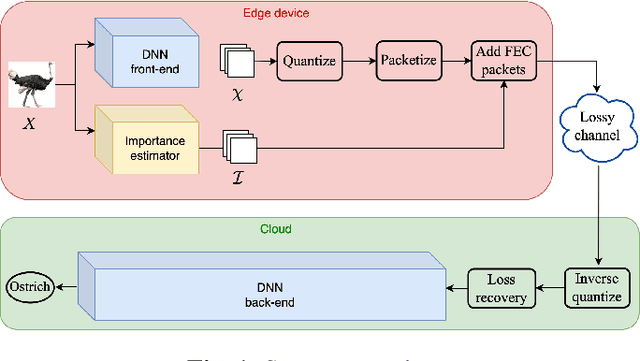
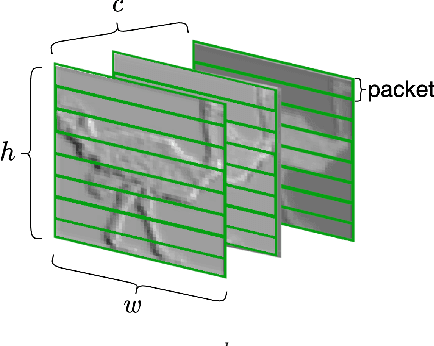
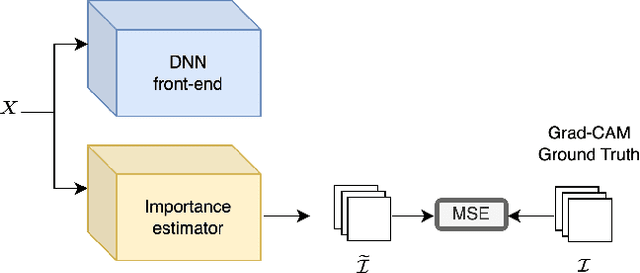
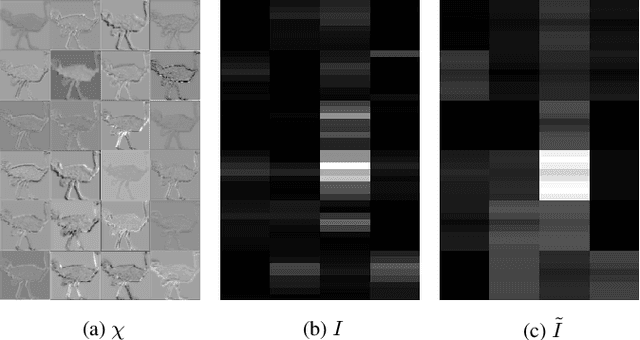
Abstract:Collaborative intelligence (CI) involves dividing an artificial intelligence (AI) model into two parts: front-end, to be deployed on an edge device, and back-end, to be deployed in the cloud. The deep feature tensors produced by the front-end are transmitted to the cloud through a communication channel, which may be subject to packet loss. To address this issue, in this paper, we propose a novel approach to enhance the resilience of the CI system in the presence of packet loss through Unequal Loss Protection (ULP). The proposed ULP approach involves a feature importance estimator, which estimates the importance of feature packets produced by the front-end, and then selectively applies Forward Error Correction (FEC) codes to protect important packets. Experimental results demonstrate that the proposed approach can significantly improve the reliability and robustness of the CI system in the presence of packet loss.
License Plate Privacy in Collaborative Visual Analysis of Traffic Scenes
May 03, 2022
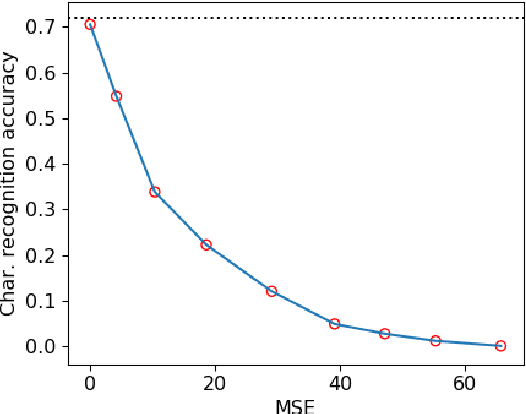

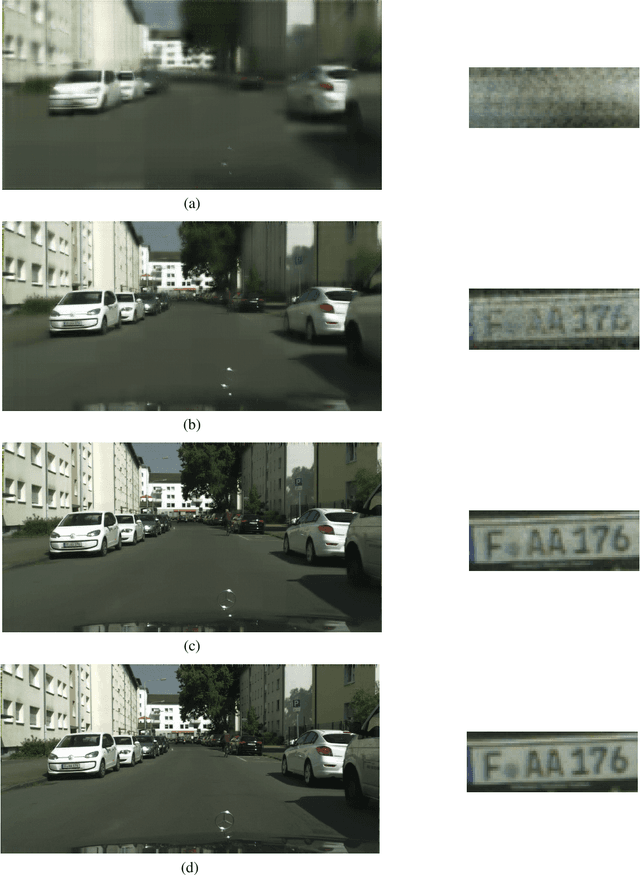
Abstract:Traffic scene analysis is important for emerging technologies such as smart traffic management and autonomous vehicles. However, such analysis also poses potential privacy threats. For example, a system that can recognize license plates may construct patterns of behavior of the corresponding vehicles' owners and use that for various illegal purposes. In this paper we present a system that enables traffic scene analysis while at the same time preserving license plate privacy. The system is based on a multi-task model whose latent space is selectively compressed depending on the amount of information the specific features carry about analysis tasks and private information. Effectiveness of the proposed method is illustrated by experiments on the Cityscapes dataset, for which we also provide license plate annotations.
 Add to Chrome
Add to Chrome Add to Firefox
Add to Firefox Add to Edge
Add to Edge